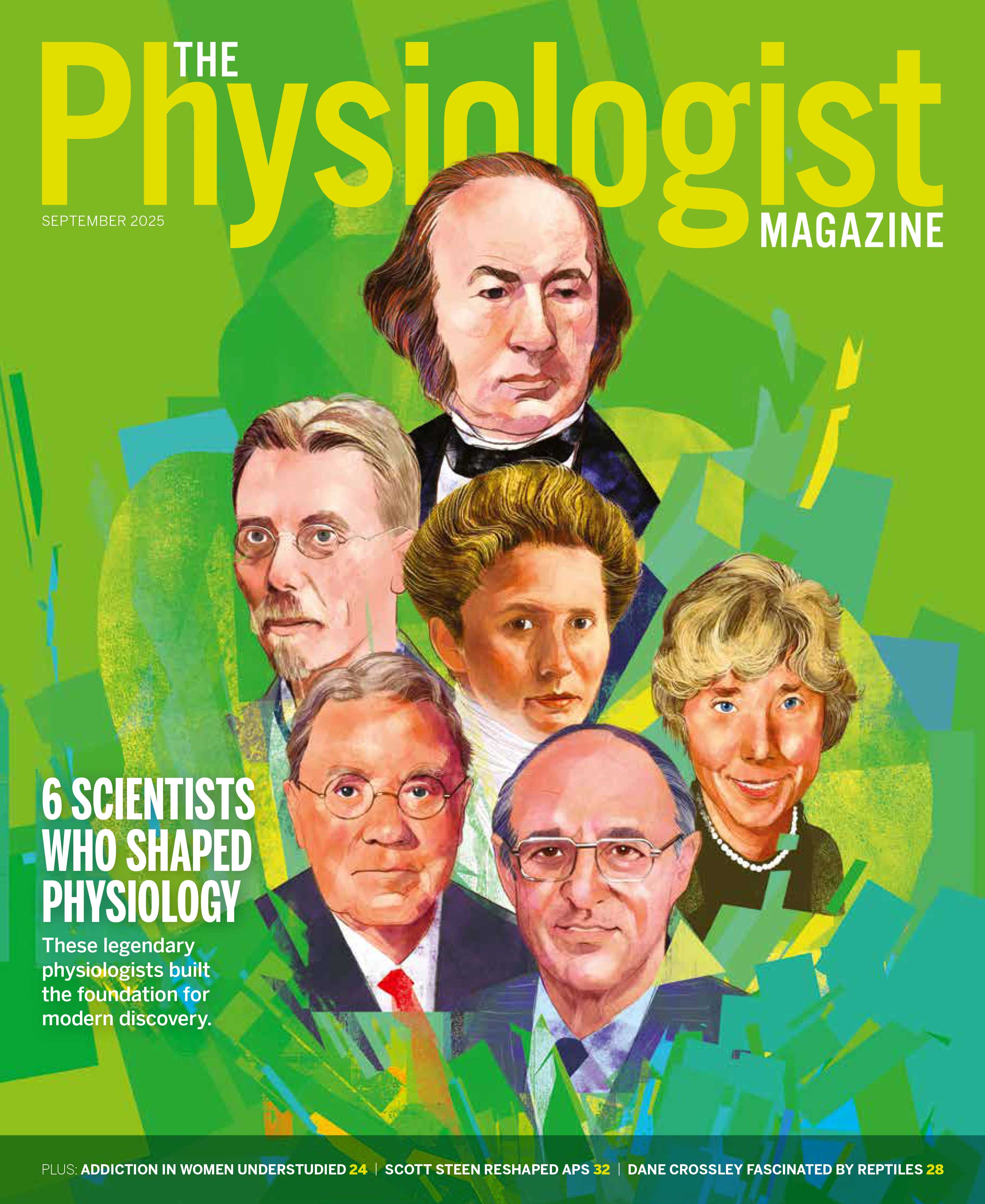Celebrating 100 Years of Physiological Reviews
By Sadis Matalon, PhD, FAPS

The great Greek philosopher Aristotle wrote in his Poetics that a “tragedy, then, is a process of imitating an action which has serious implications, is complete, and possesses magnitude; by means of language which has been made sensuously attractive ...”
When I was growing up in Athens, Greece, and often attending (against my will, of course) performances of “Antigone,” “Oedipus Rex” and many others, never did I ever imagine that I would be at the helm of a scientific journal—as editor-in-chief of Physiological Reviews—that produces such great works with profound impact on all branches of science. I would like to think that I have spent my entire life preparing for this great honor.
One hundred years ago, Drs. J.A. E. Eyster and Walter J. Meek published “The Origin and Conduction of the Heart Beat,” the first review article published in Physiological Reviews. The article was an authoritative treatise of the physiology of the heartbeat, clearly an important topic of great interest even today.
A century later, Physiological Reviews is the most respected and cited physiological journal in the world. We publish highly authoritative, non-biased and informative reviews that are highly cited by basic, translational and clinical scientists engaged in biomedical research and patient care. It is a mark of excellence for an author to be asked to contribute an article. Authors labor for years to complete the final versions.
Many of us started our scientific careers after reading the works of masters in Physiological Reviews. Indeed, more than 36 articles have been written by Nobel Prize winners. To this extent, each review published in the journal resembles a Greek tragedy, like those written by Euripides, Sophocles and Aeschylus many centuries ago. The review deals with an important topic, is a complete treaty on the subject containing hundreds of references, and contains carefully chosen, insightful words to ensure the “language to be attractive.”
The careful and constructive comments of the reviewers and editors resolve problems and help bring along each review to a happy ending. Here again we have another analogy with the Greek and Latin tragedies in which the “Deus ex machina,” or “god out of the machine,” seems to resolve very difficult situations. The final products, further enhanced by the talented graphic artists and copy editors, are critical and authoritative interpretations of significant areas of physiology and medicine, presented in a clear, pleasing and compelling way.
My most prized achievement as editor, without doubt, is the establishment of an early-career editorial board. Learning how to constructively review these in-depth articles is a challenging and time-consuming task requiring mentoring by senior editors. It is our duty—and time well spent—to ensure that we pass the baton to the most promising young scientists, who will carry on the tradition of excellence and service to the scientific community.
As I think about the centennial celebration for Physiological Reviews, I’m confident that the next hundred years look even brighter than the first hundred. I predict that the journal will continue in its storied tradition and remain an influential standard bearer for the discipline.
Sadis Matalon, PhD, FAPS, is Distinguished Professor and Alice McNeal Endowed Chair of Anesthesiology and director of the Division of Molecular and Translational Biomedicine at the University of Alabama at Birmingham. He is also editor-in-chief of Physiological Reviews.
This article was originally published in the September 2021 issue of The Physiologist Magazine.
The Physiologist Magazine
Read the Latest Issue
Don’t miss out on the latest topics in science and research.
Contact Us
For questions, comments or to share your story ideas, email us or call 301.634.7314.
"A century later, Physiological Reviews is the most respected and cited physiological journal in the world."


